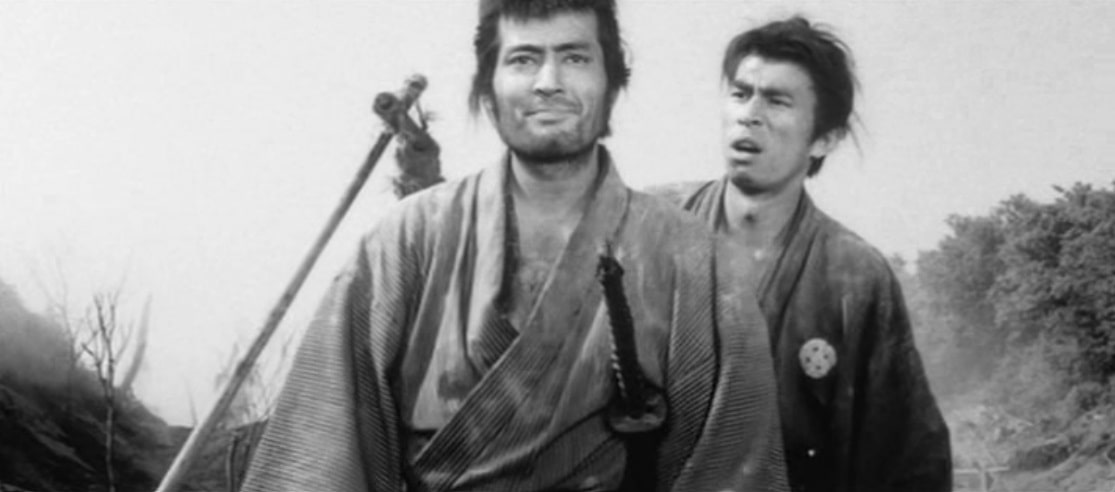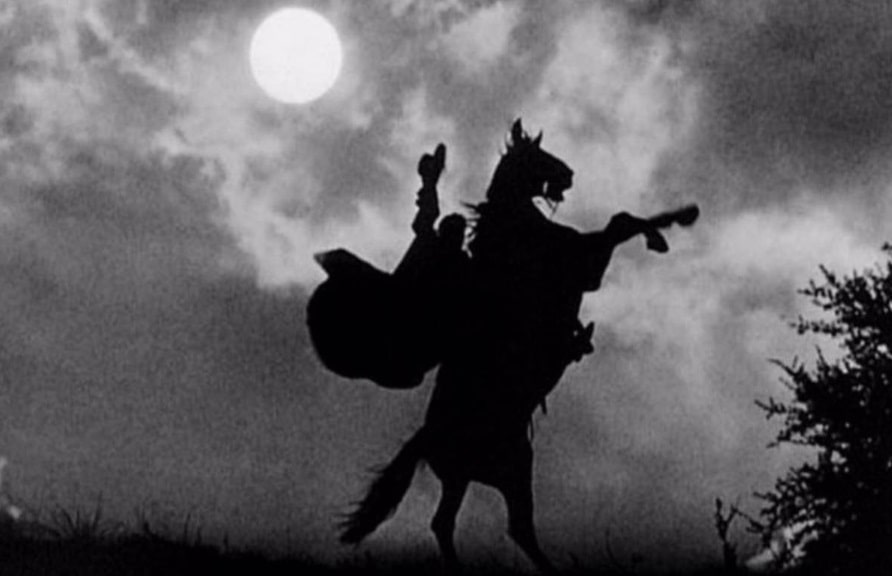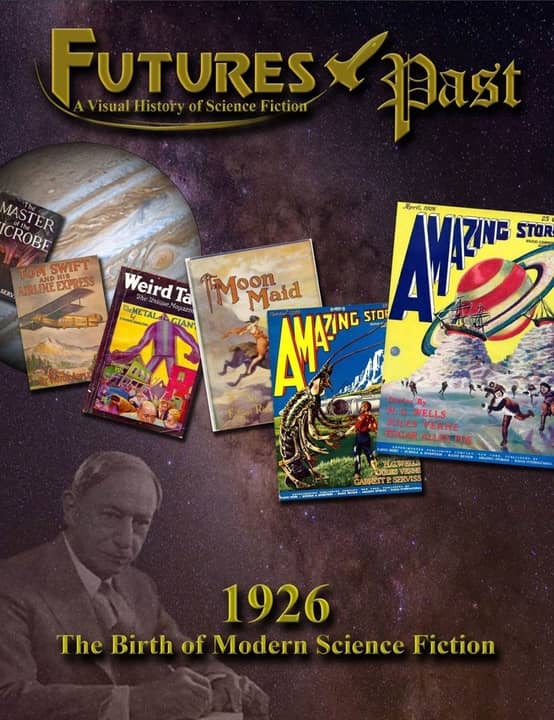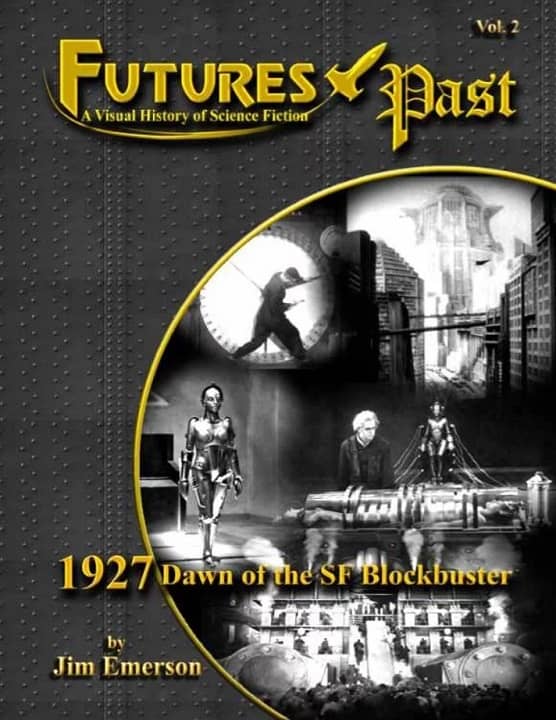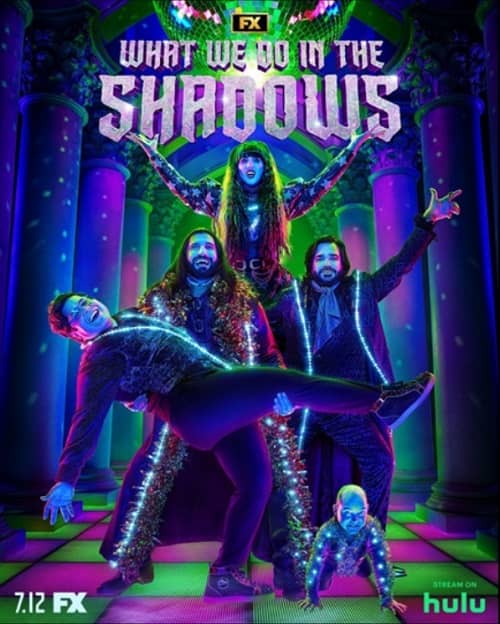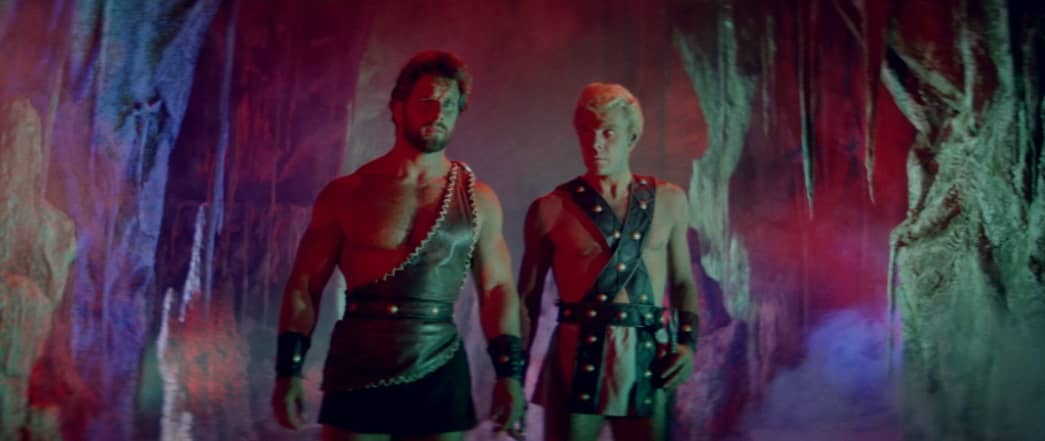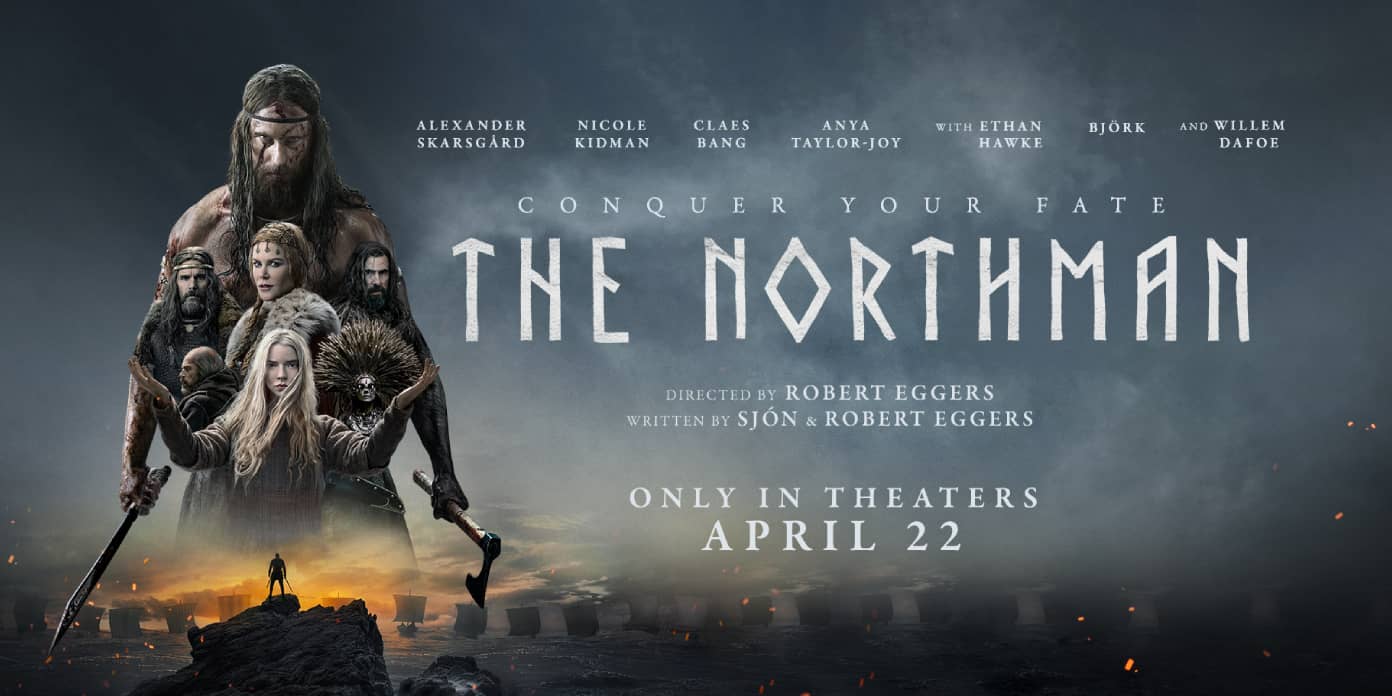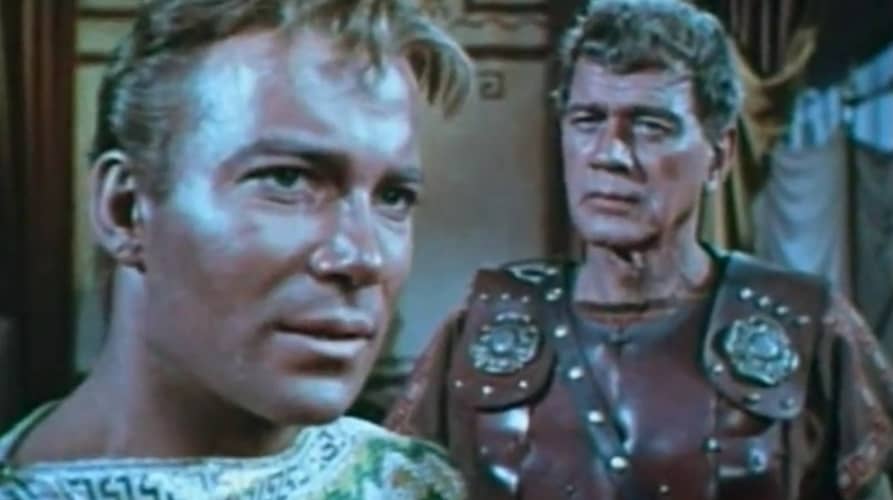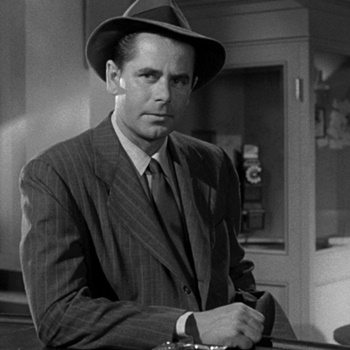 “You’re the second guy I’ve met within hours who seems to think a gat in the hand means a world by the tail.” – Phillip Marlowe in Raymond Chandler’s The Big Sleep
“You’re the second guy I’ve met within hours who seems to think a gat in the hand means a world by the tail.” – Phillip Marlowe in Raymond Chandler’s The Big Sleep
(Gat — Prohibition Era term for a gun. Shortened version of Gatling Gun)
In the early fifties, a lot of movie stars took on radio shows, in an effort to boost their incomes. Humphrey Bogart, Alan Ladd, Joel McRea – some big names tried their luck at it. Many were short-lived efforts. You can read my scintillating essay about Bold Venture – a good show which starred Bogie and his wife, Lauren Bacall – here at Black Gate.
NBC had Erle Stanley Gardner create a character specifically for a radio show to go up against CBS’ hugely successful Jack Benny Show. CBS had ‘acquired’ much of NBC’s Sunday night programming. ABC had also hit big with the first music quiz show, Stop the Music (think Name That Tune for radio).
Music ran against the long-time successful The Fred Allen Show. Allen’s show took a big ratings hit, and his health was failing at the same time. So, his show ended. NBC then aired the glitzy, big-budget, Hollywood Calling. Movie stars called common folk, who got a watch and ‘something else’ (like Jennifer Jones’s scarf) if they were at home and answered – no cell phones, ya know! The lucky peasant got to talk to a star, and won money, and got entered for a bigger prize, if they could answer a question.
It didn’t beat Jack Benny in the ratings, it cost a lot of money, and NBC canceled it after only half a season. Enter a replacement detective show – The Adventures of Christopher London.
…
Read More Read More
